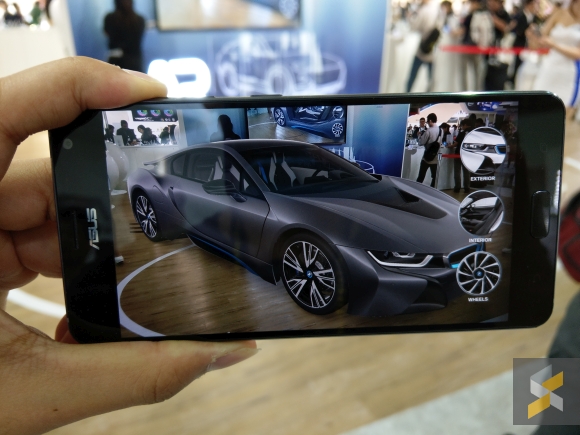UPDATE: ASUS Malaysia has updated that the ZenFone AR launch is happening on 4 July instead.
Computex is a place where a whole lot of really cool stuff happens. This year at the ASUS booth, the coolest thing — besides the new launches, of course– is the fact that we get to see (and try out) ASUS’s brand new Tango and Daydream enabled smartphone, the ZenFone AR, in action.
The best part? ASUS also revealed when the phone will hit Malaysian shores.
So the big hype behind the ZenFone AR is that it is the world’s first Tango-enabled and Daydream Ready smartphone. In order to be Daydream Ready, a device has to have the necessary hardware components to power the experience and that’s something the ZenFone AR definitely has. It’s powered by a Snapdragon 821 processor and a whopping 8GB of RAM. ZenFone AR also has a high-resolution 5.7-inch QHD display, pushing 2560×1440 pixels so you can get good visuals even in VR.
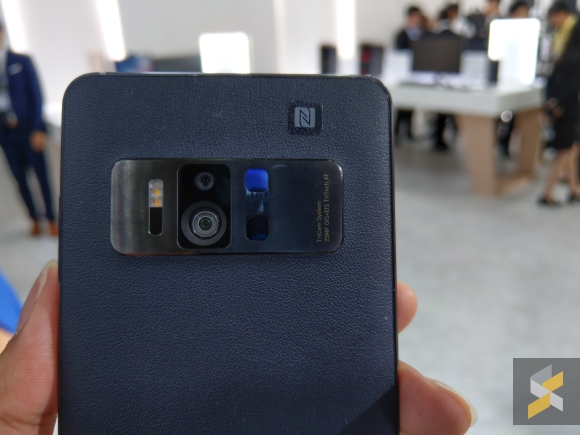
As far as the AR component goes, ASUS had to employ a brand new TriCam camera system that utilises three different camera sensors: A standard 23MP camera, a motion-tracking camera, and a depth-sensing camera. These three cameras work together to give users a proper Tango experience via motion tracking, area learning and depth perception.
Although we saw this phone launch early this year, there were no working units on the show floor. At Computex, however, I got the chance to briefly check out this new experience.
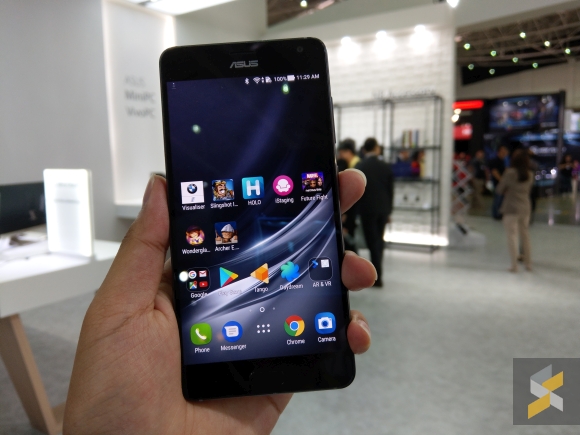
Obviously, I dived right into Tango because Daydream VR is pretty common these days. The ASUS rep let me try out a BMW AR app that lets you place a life-sized BMW anywhere in the augmented reality space and then take a tour of it. The overall experience was pretty interesting. I could open and close doors, go into the car to experience what it’s like on the inside and if I had a chair, I could also experience what it’s like to sit inside a BMW i8.
The rendering was pretty detailed and the AR experience did not get interrupted by people walking in front of the camera. The only disappointing thing was that I couldn’t physically reach out and open the car’s door, instead, I had to tap on it on the screen to open.
Still, there was almost no perceivable lag in the experience and the ability to see how something will fit in a space in real time is really, really cool.
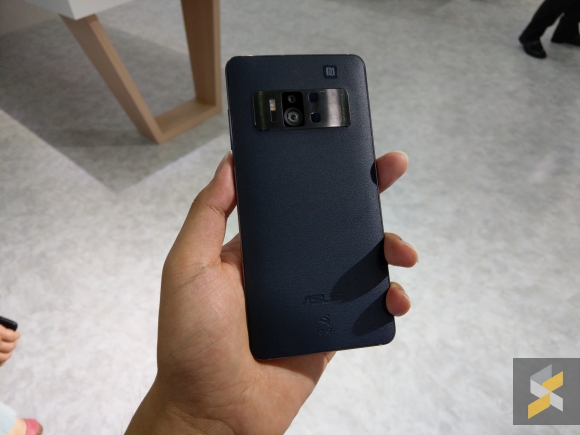
As a smartphone, though, the ZenFone AR isn’t the most impressive device out there. Its build and body reminded me a lot of the old ZenFone Zoom and although that’s not a bad thing, it certainly doesn’t feel as futuristic as it actually is.
According to ASUS, the ZenFone AR will be making its way to Malaysia before the end of June 2017. They also confirmed that we will be getting the 8GB variant of the device, while the availability of the 6GB version will depend on our local distributors.
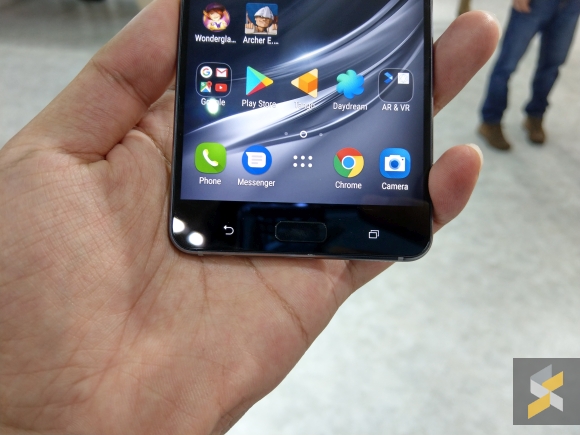
By now you’re probably curious about the price and we’ll say this — it’s not going to be cheap. ASUS says that the ZenFone AR, when it does go on sale, will be priced above RM2,500 though no specific number was named beyond that.
What do you guys think? How much would you pay for the ASUS ZenFone AR? Let us know in the comments below.


